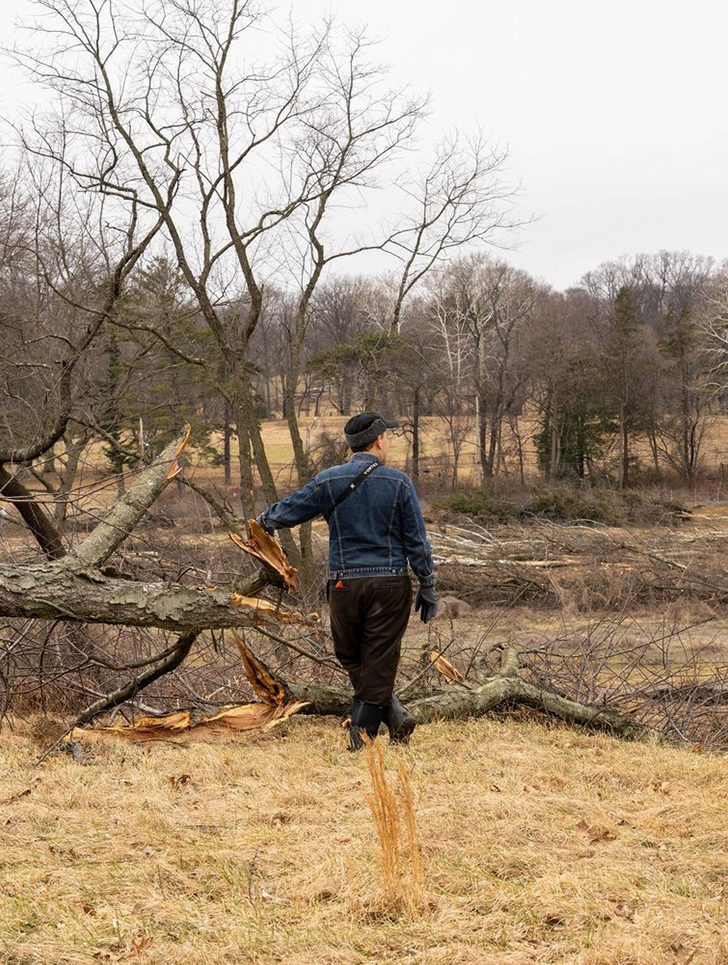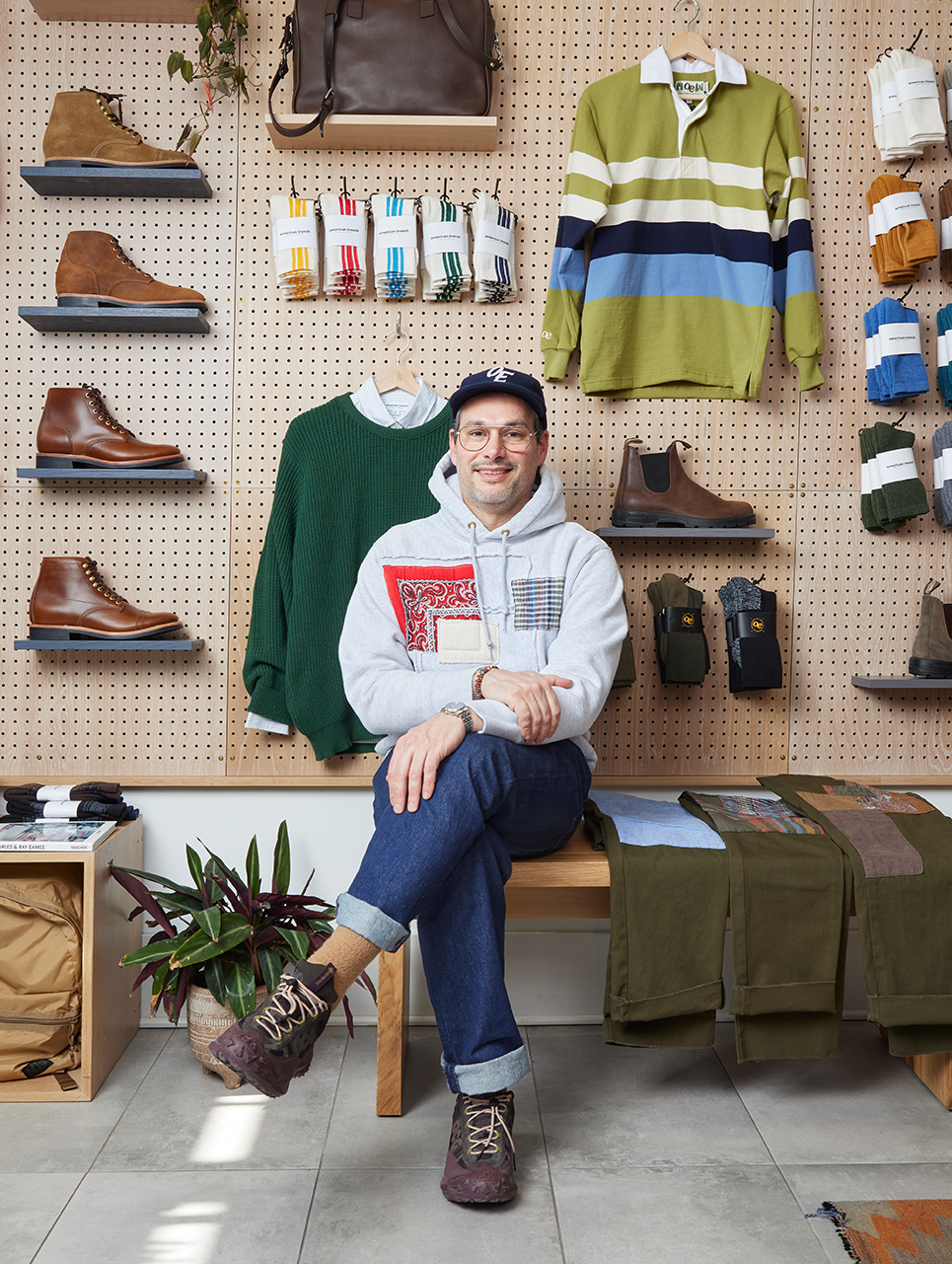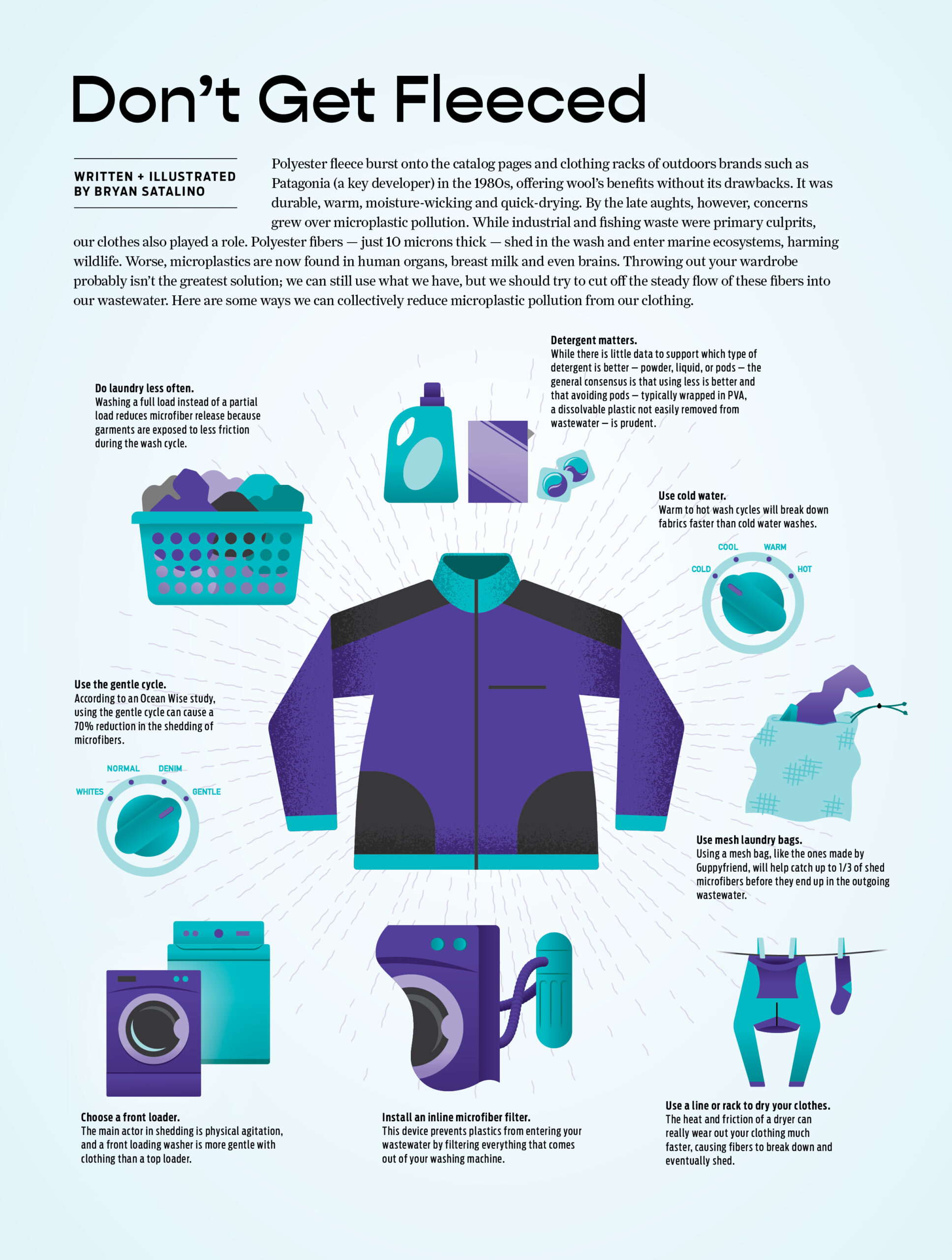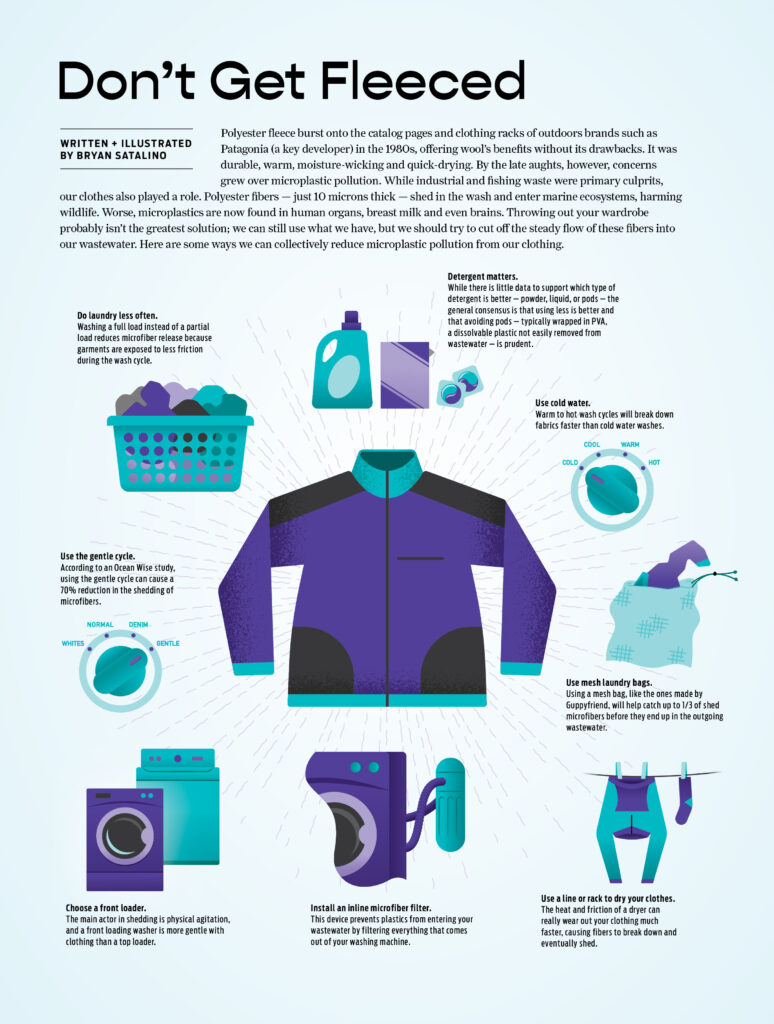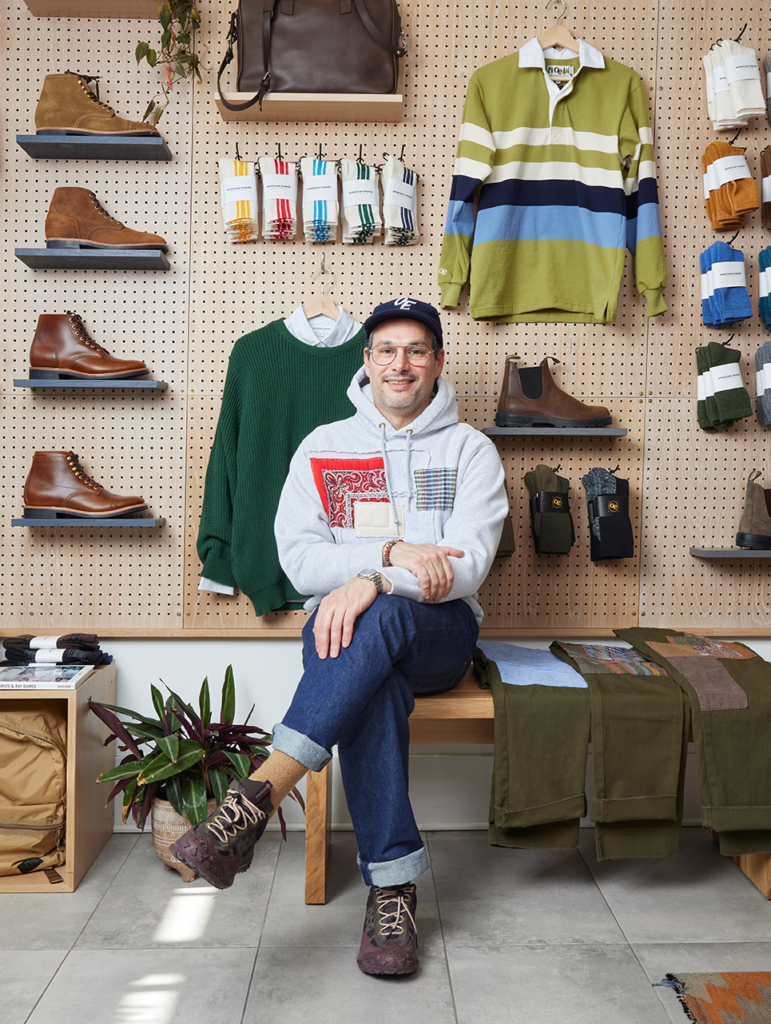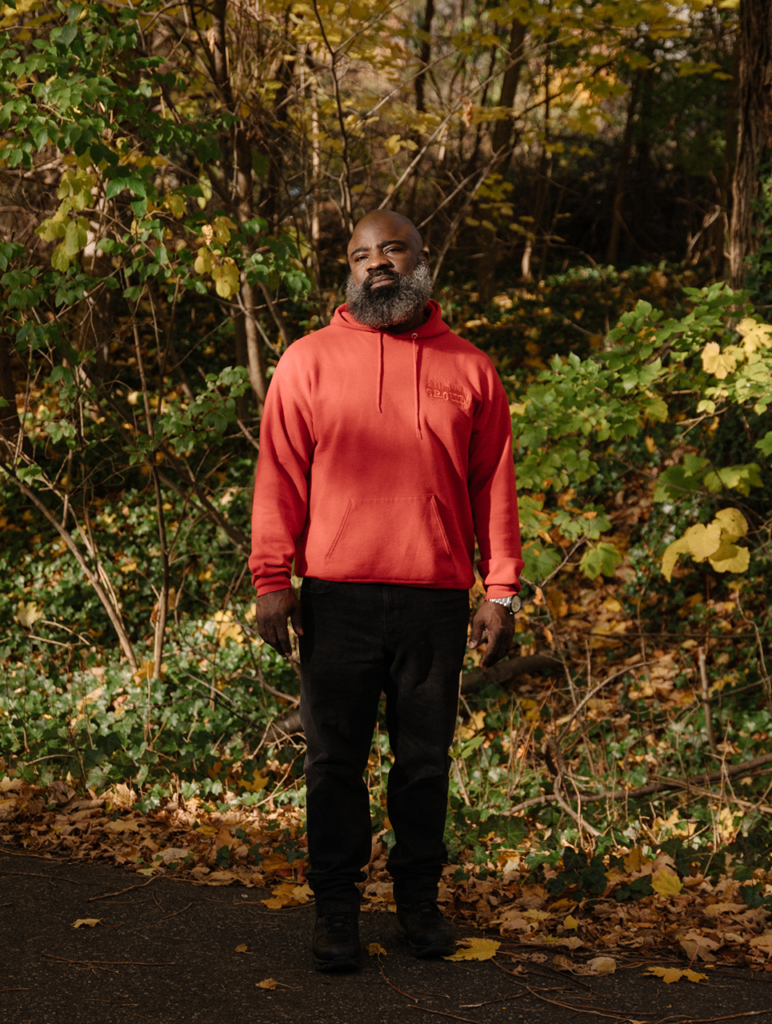A few years ago a friend moved to the suburbs after decades in Philadelphia. Last week she came over for dinner, and she joked about a chicken bone she stepped over on the sidewalk on her way to our West Philly door. There’s nothing like chicken bones to let you know you’re back in the city.
It was a small thing, but it hit me as a powerful statement about litter. Did someone toss that bone out of their car window, not caring that they were littering? Did a rat dig it out of a bag of uncontained household waste the night before trash pickup? In sad contrast to expectations in our neighborhood, suburban culture rejects casual littering. In even sadder contrast, suburban waste systems generally provide enclosed trash bins and collection methods that don’t scatter refuse (compared to sanitation workers flinging bags of trash into moving garbage trucks). After a while in Philadelphia, you just turn a blind eye to the litter, but it shouldn’t take moving away to remind us that we don’t have to.
We are used to a lot of miserable situations. Even after decades of advocacy, our city’s transportation infrastructure does a pathetic job at protecting pedestrians and cyclists and offers its public transit riders a system of unpleasant, unreliable and infrequent buses, trolleys and trains. Other cities have chosen not to put up with these shortcomings, using major events like the Olympic Games and FIFA World Cups as the impetus to improve. As Nicole Brunet writes in this issue, Philadelphia has not.
Perhaps most troubling is our acceptance of violence. In Julia Lowe’s piece this month, Julien Suaudeau talks about a number many Philadelphians celebrated: 220 fatal shootings in 2024, down from 375 the year before. “The fact that it was almost hailed as a miracle — like it was an indication that the policies are working — is mind-blowing for me,” Suaudeau says. When you’re used to an absolutely miserable situation, a 40%-less-miserable situation feels like a victory, even though it shouldn’t. To be clear, Philly anti-violence activists have been making the same point for years, but I wager that most Philadelphians who are insulated from the killings (wealthier, white) easily fall into heedless celebration of the drop from one abstract number to another.
Suaudeau has an easier time being shocked than a lifelong Philadelphian might, since he comes from a country (France) that, according to United Nations statistics, in 2023 had a homicide rate of about 1.34 per 100,000 people. In 2024 — the year whose decline we celebrate — Philadelphia’s rate (including 49 homicides with weapons other than guns) was about 17 per 100,000 people, or more than 12 times that of Suaudeau’s home country.
As Mensah M. Dean writes, our systems of racism must shoulder some of the blame for both the violence and the wider culture’s acceptance of it, given the concentration of violence in Philadelphia’s Black and Latino communities and the complacency of the white community. Our gun culture and abundance of firearms (88.8 civilian small arms per 100 people versus 31.2 in France) surely has something to do with it as well, enabling any passing beef (like someone cutting the bathroom line at the Eagles parade) to escalate into a shoot-out.
Solutions exist for so many of the problems we’ve gotten used to, including litter, traffic deaths and homicides. But we can’t implement them until we accept that it doesn’t have to be this way.

